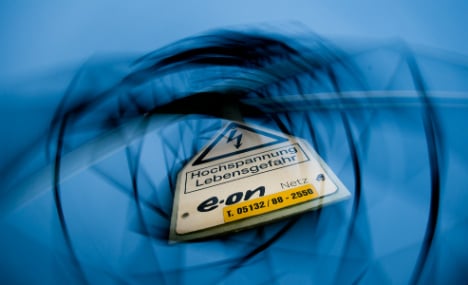E.ON said it would focus on renewables, distribution networks and customer solutions, while the new company will handle conventional energy generation and energy trading.
"We are convinced that it's necessary to respond to dramatically altered global energy markets," chief executive Johannes Teyssen said in a statement.
"E.ON's existing broad business model can no longer properly address these new challenges," he added. "Two separate, distinctly focused companies offer the best prospects for the future."
In early trade on Monday, E.ON shares rocketed by 6.3 percent to an intraday high of €15.15 in a stable to slightly softer market.
The group also said it expected to incur impairment charges of €4.5 billion in the fourth quarter of 2014, which will result in E.ON reporting "substantial negative net income", the statement said.
The charges reflect the current difficulties in the industry across Europe, which is experiencing persistently low prices on the wholesale electricity market.
E.ON's supervisory board also approved plans to pay out a fixed dividend of €0.50 per share for 2014 and 2015.
E.ON's traditional energy-generating activities – using gas, coal or nuclear power – will fall under the spin-off company, where E.ON shareholders will have a majority stake. The split will come into effect in 2016.
The Düsseldorf-based company said it would next year prepare the new company for listing on the stock market.
The utility firm also said it had sold all of its operations in Spain and Portugal to Australian investment firm Macquarie for €2.5 billion.



 Please whitelist us to continue reading.
Please whitelist us to continue reading.
Member comments